3581. Vibes for the economy and other things
The author discusses how media perceptions influence voters' economic views and the disconnect between personal financial situations and broader economic narratives, particularly under Biden and Trump.
your daily dose of economic commentary
The author discusses how media perceptions influence voters' economic views and the disconnect between personal financial situations and broader economic narratives, particularly under Biden and Trump.

Jadrian Wooten discusses the decline in car color variety, attributing it to economic factors like cost minimization and the impact of the 2008 recession on the auto industry.

Jon Hartley discusses Myron Scholes' career, his development of the Black-Scholes model, and influences on his economic thinking and regulation.

The author discusses various stories highlighting economic principles and their applications, including theft, airline success, and financial literacy for athletes.

Robert Vienneau analyzes the impact of markup variations on production techniques and wages in the corn industry within an economic framework.
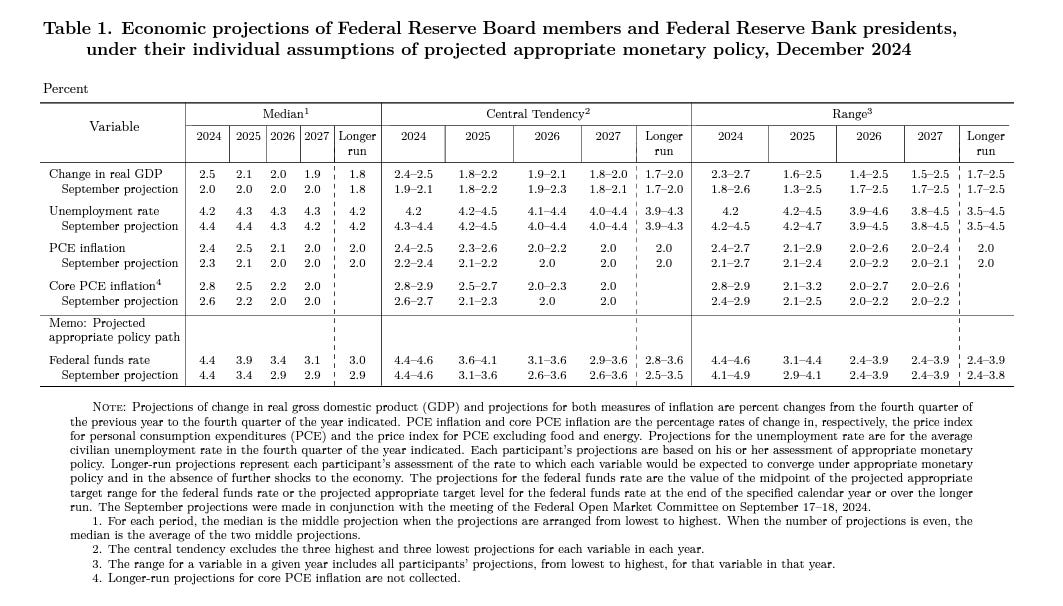
Claudia Sahm critiques the Fed's Summary of Economic Projections for failing to provide clarity and coherence, resulting in increased uncertainty in economic forecasting.
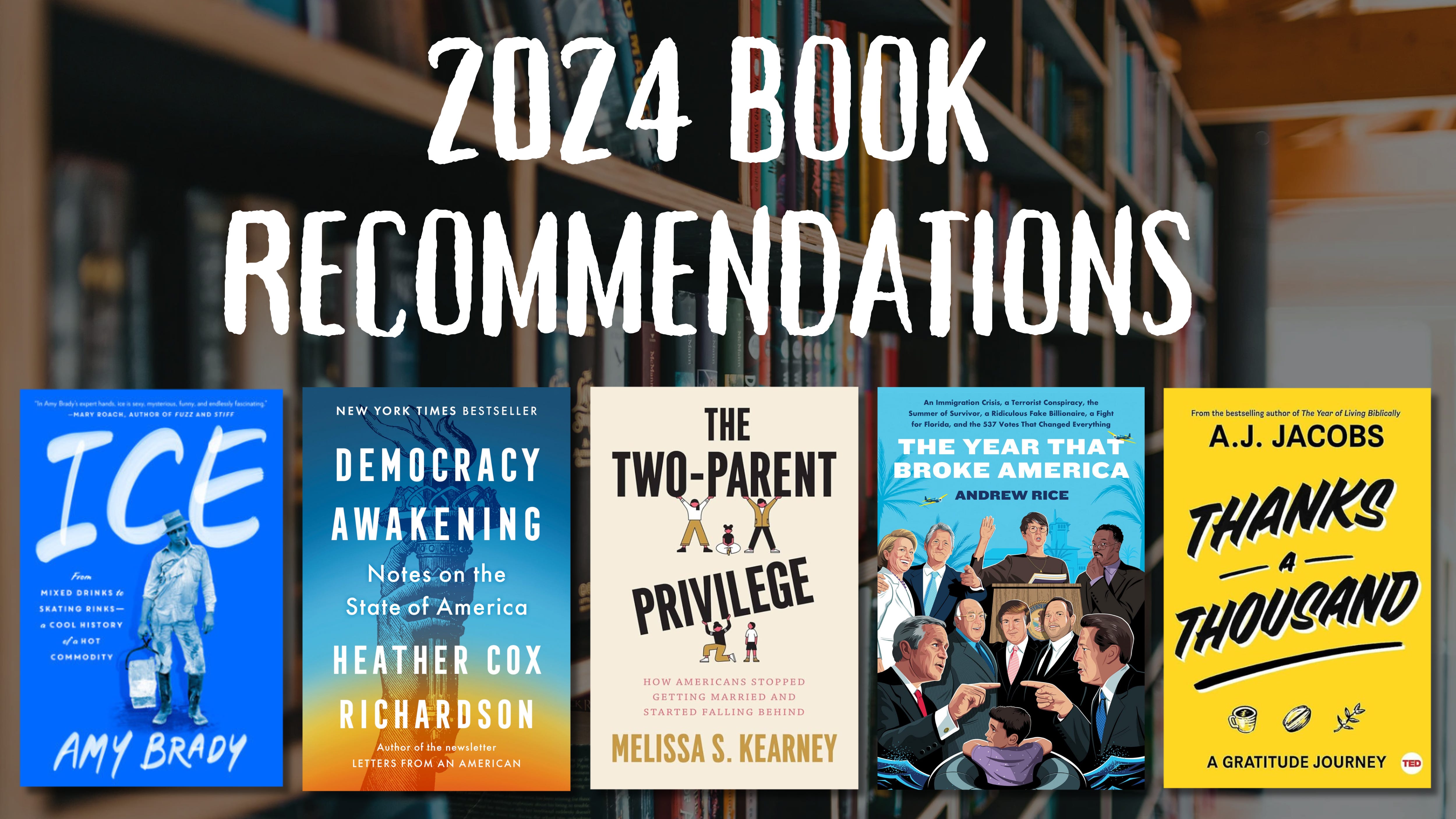
Jadrian Wooten shares his favorite books of 2024, focusing on titles that explore the intersection of history, politics, and economics, along with personal reading goals.

Jadrian Wooten expresses gratitude to readers, reflects on the year's growth, and highlights popular economic topics discussed in the newsletter.
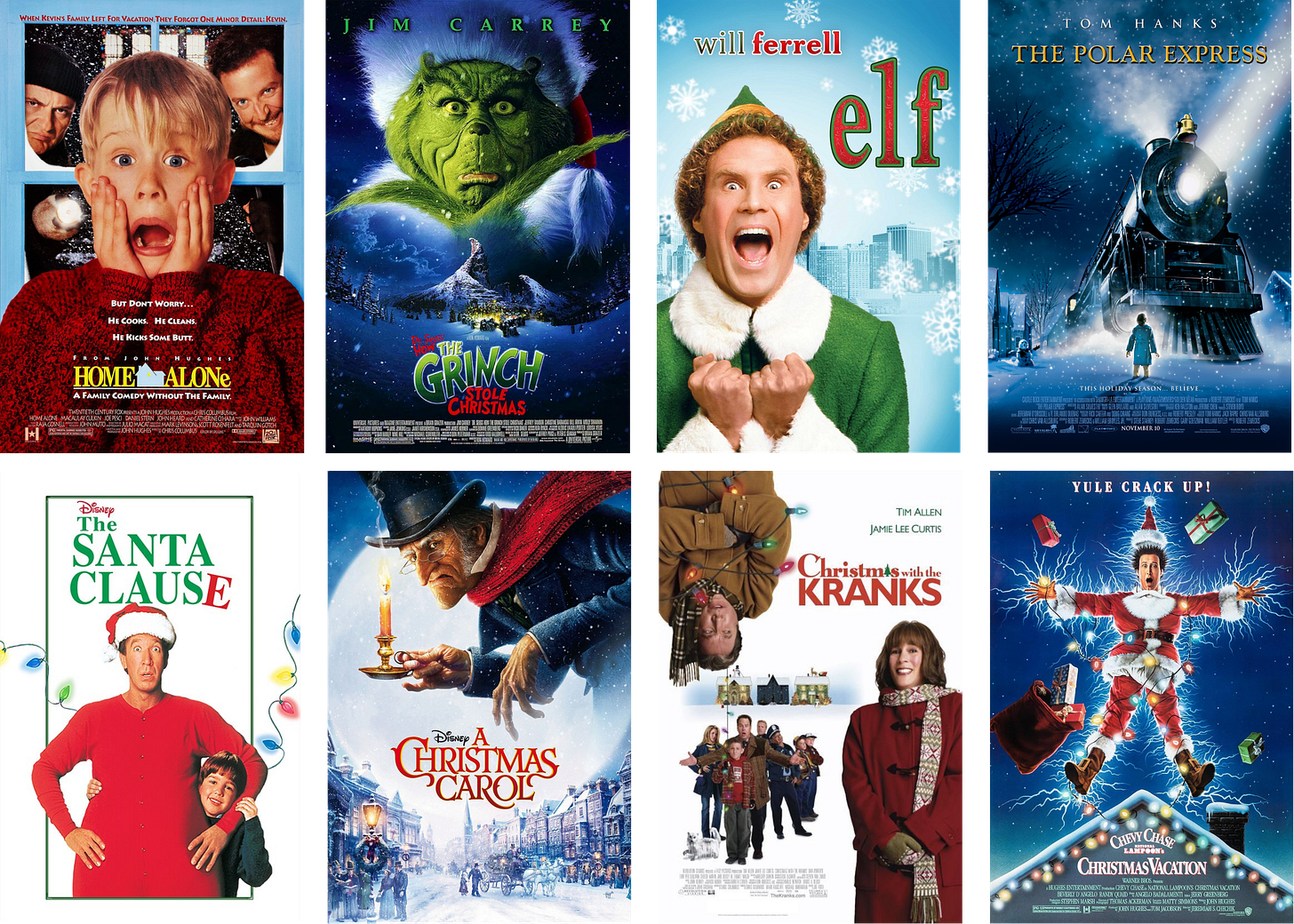
Jadrian Wooten analyzes the debate over the best Christmas movie using box office data, considering inflation's impact on revenue comparisons across different years.

Robert Vienneau discusses the implications of different types of land on production costs and wages in an economic model involving agricultural commodities.

Melanie Mitchell discusses OpenAI's advancements with the o3 model in abstract reasoning benchmarks, particularly focusing on the Abstraction and Reasoning Corpus (ARC).

Regan discusses the challenges of equitable household responsibilities in relationships, highlighting differing values and the impact of paid work on domestic labor dynamics.
Robert Vienneau discusses two approaches to value and distribution in political economy, focusing on marginalism and classical political economy.
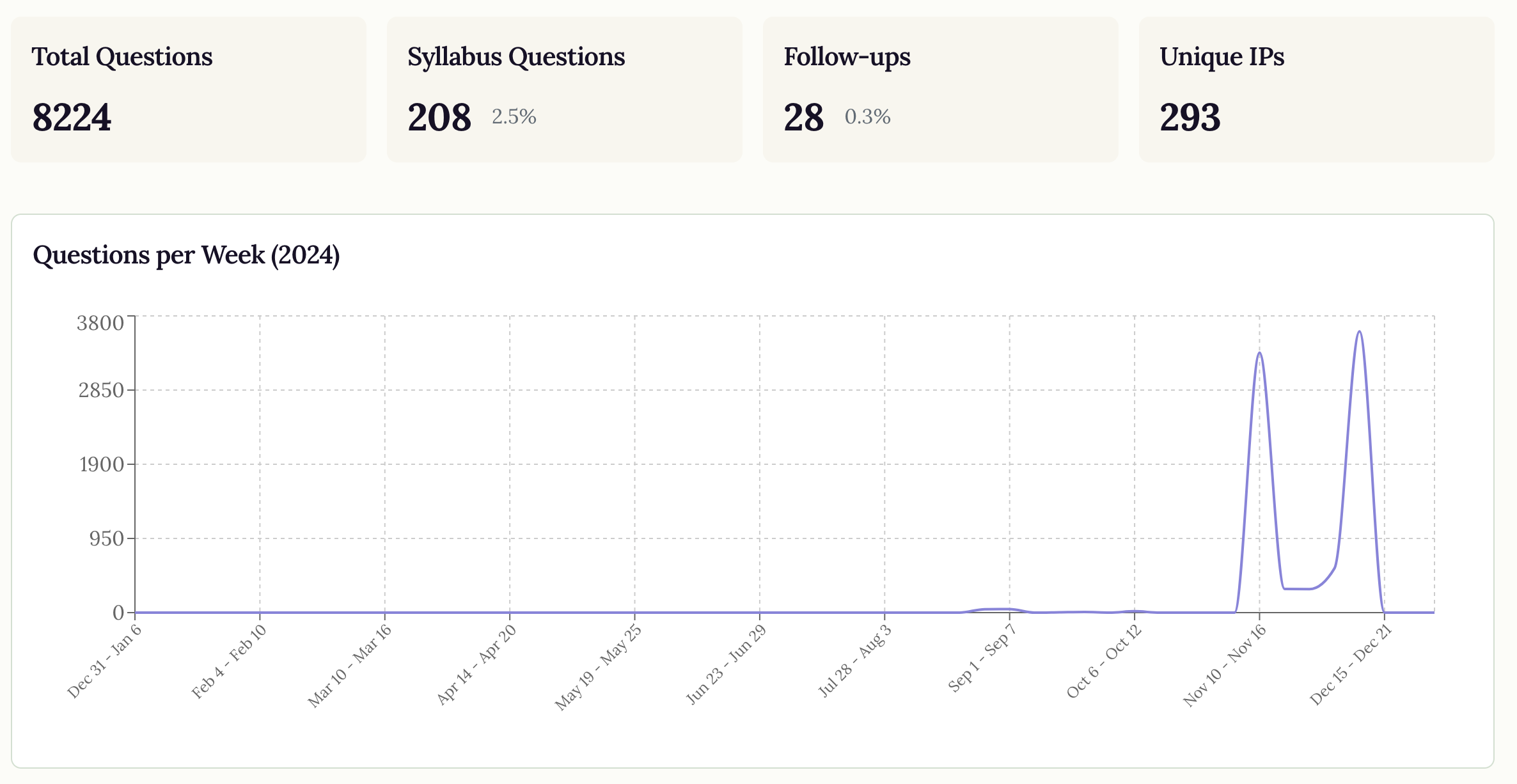
Joshua Gans discusses how AI can alleviate teacher attention constraints in education, enhancing student support during peak demand periods for assistance.

An argument that a revised misery index is needed to better reflect contemporary economic perceptions affecting voter sentiment and election outcomes.
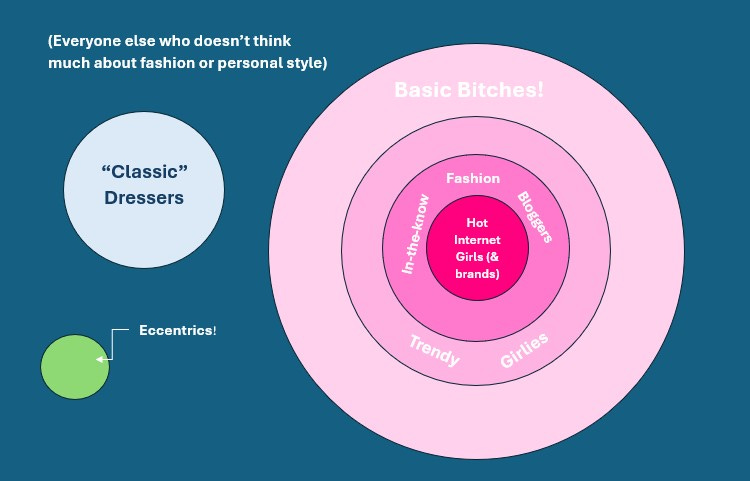
Regan discusses the evolving perception of "basic" style in fashion, exploring conformity, trendsetting, and the social dynamics of personal style.
The author examines the evolution of neoliberalism and its relationship with plutocracy, particularly in the context of UK and US politics since 2017.

Jon Hartley interviews Jim Bullard about his career in monetary policy and the Federal Reserve's history and responses to economic crises.
Robert Vienneau explores the relationship between extensive and intensive rent, analyzing efficiency and rentability in agricultural and industrial production models.

Joshua Gans discusses the launch of All Day TA, an AI teaching system designed to enhance student education through personalized responses based on professors' content.